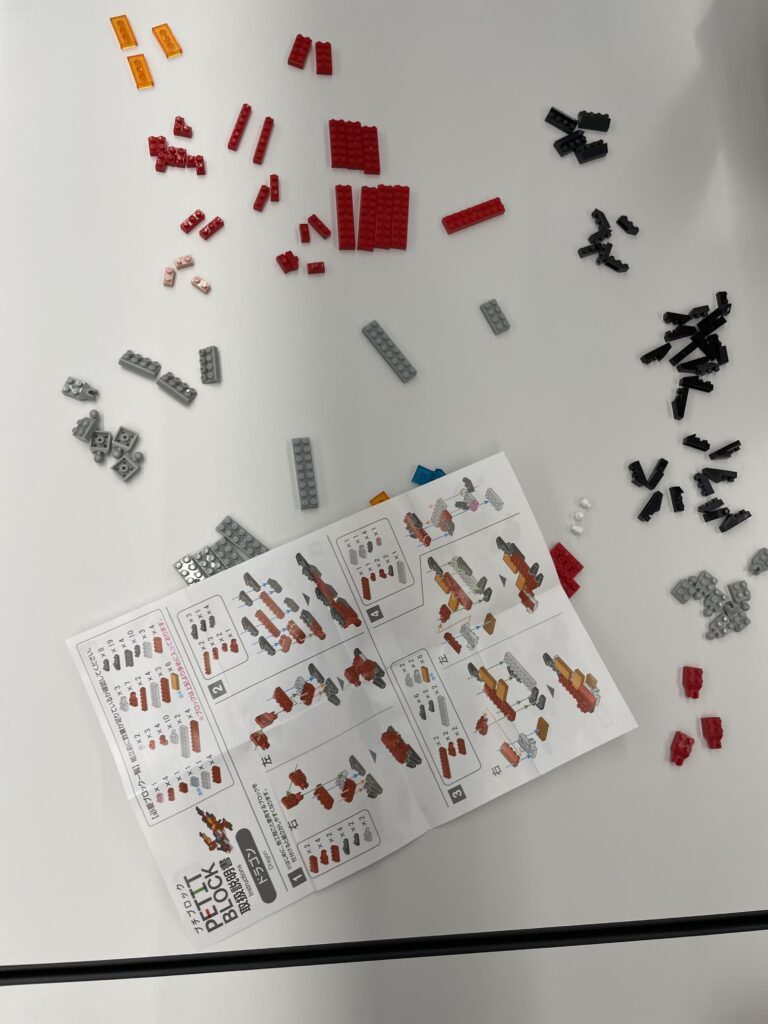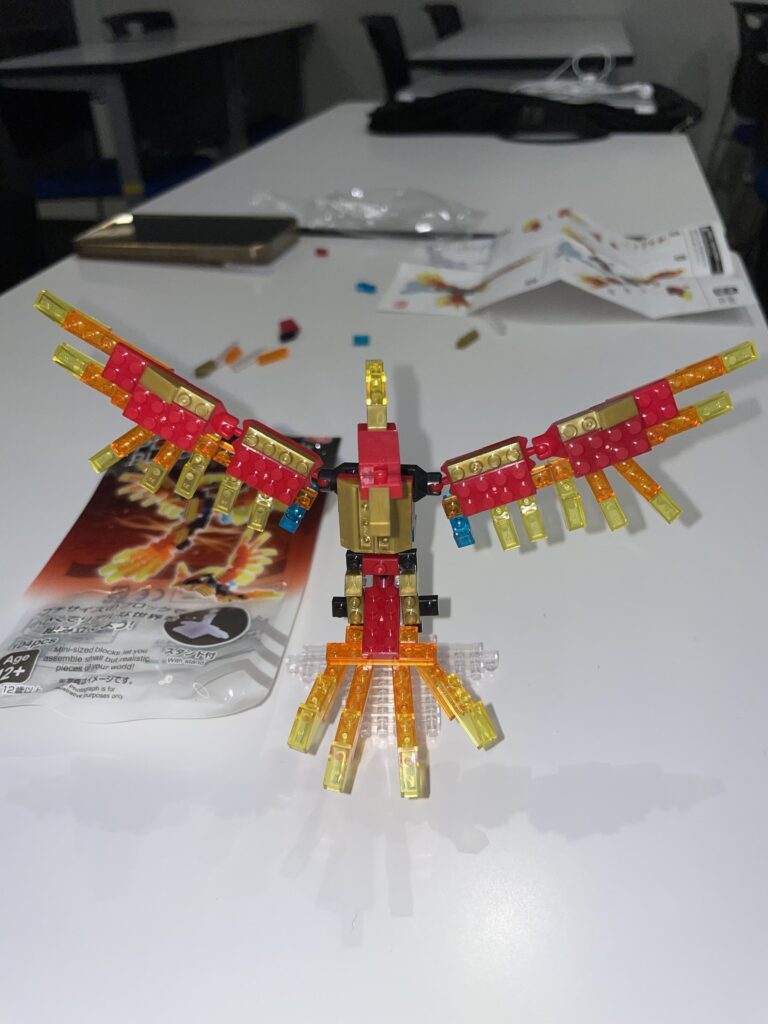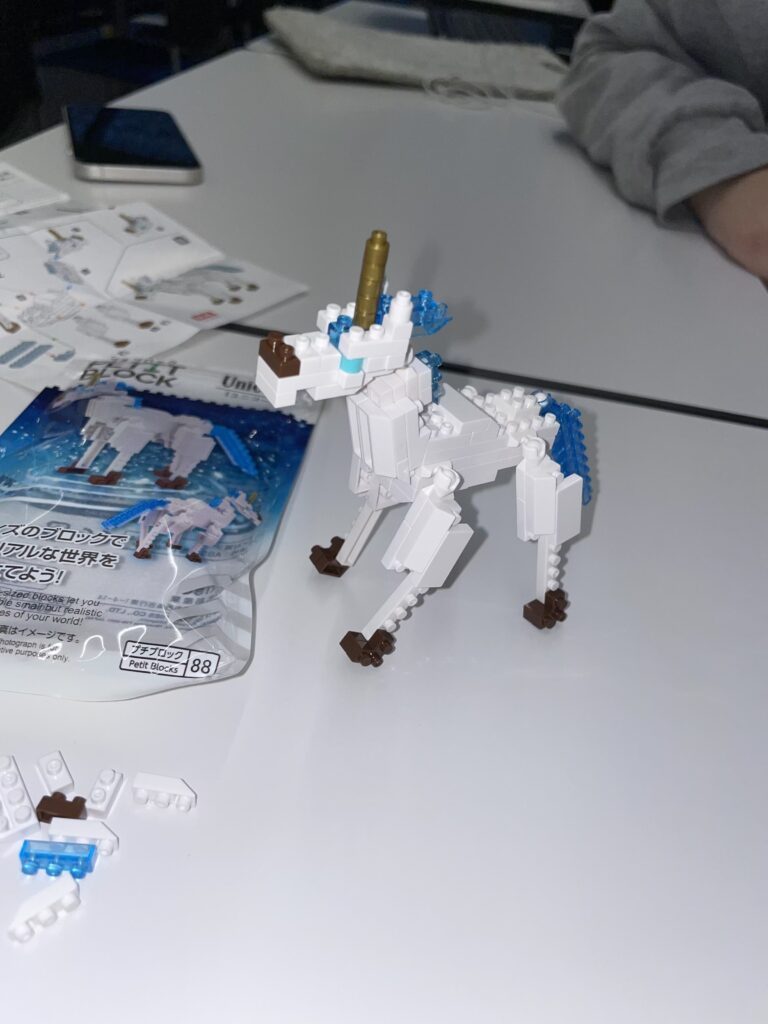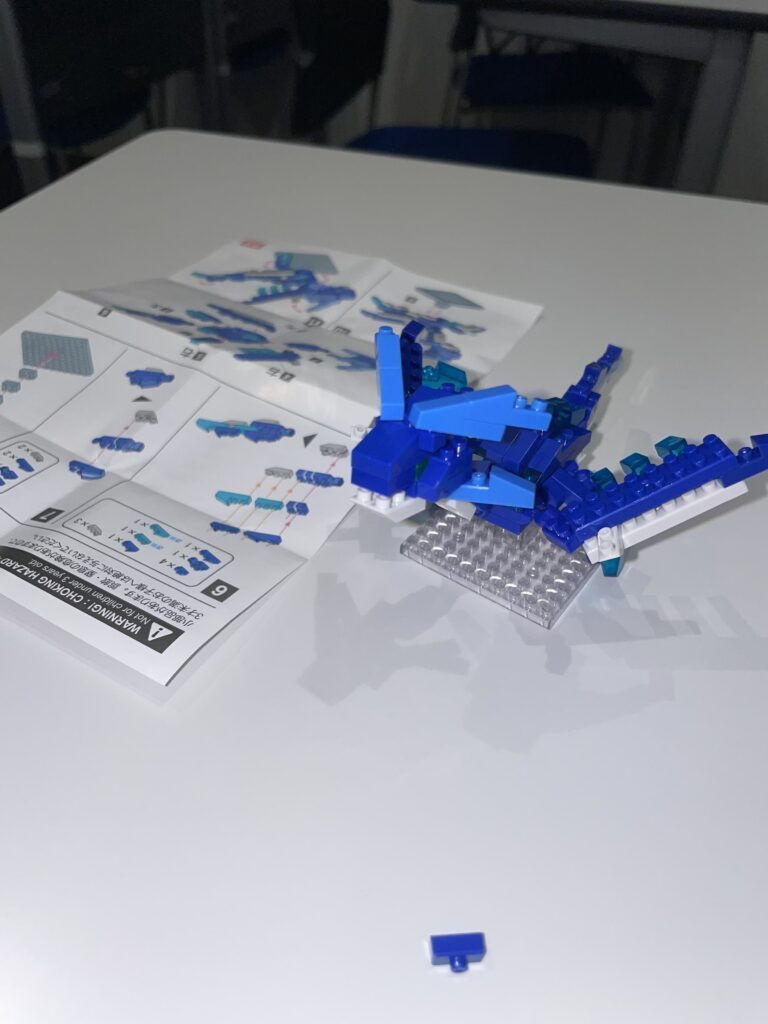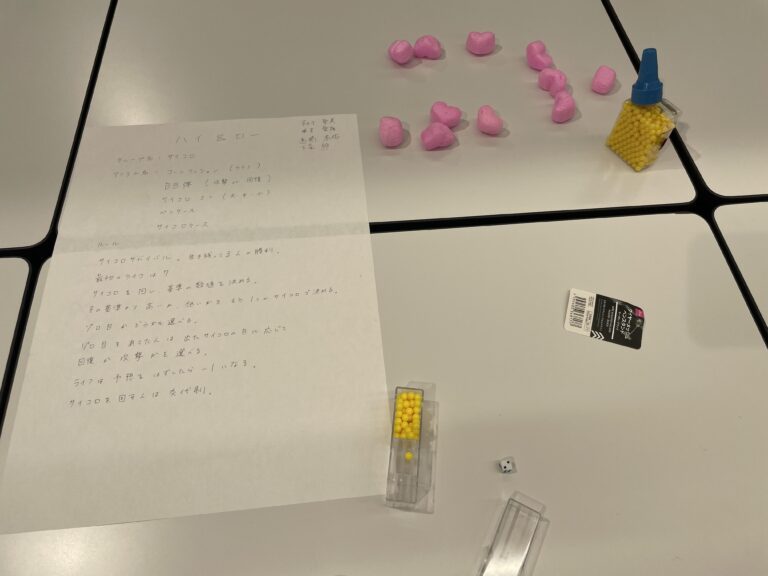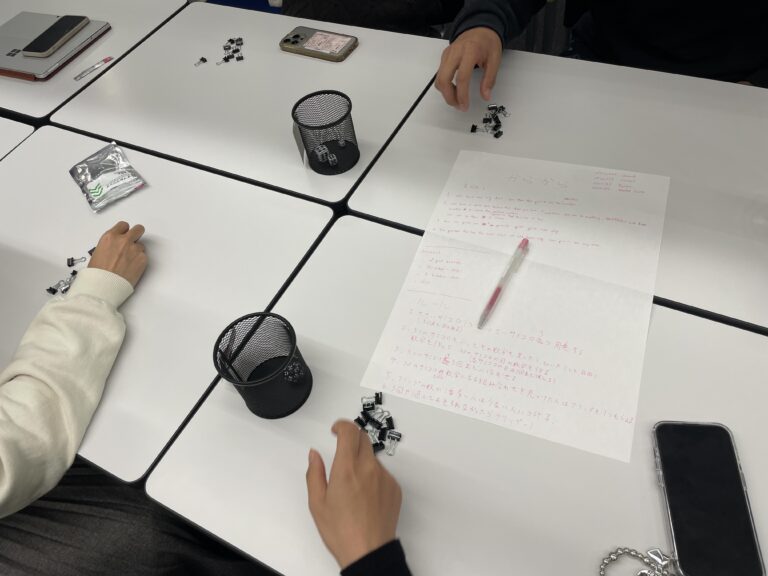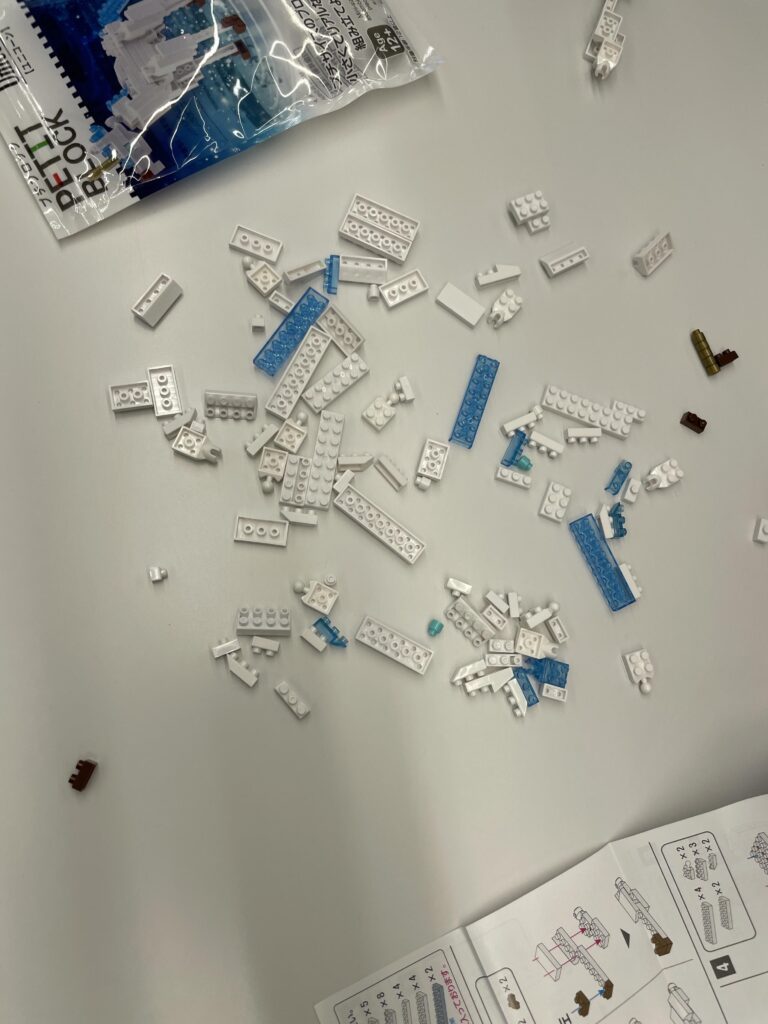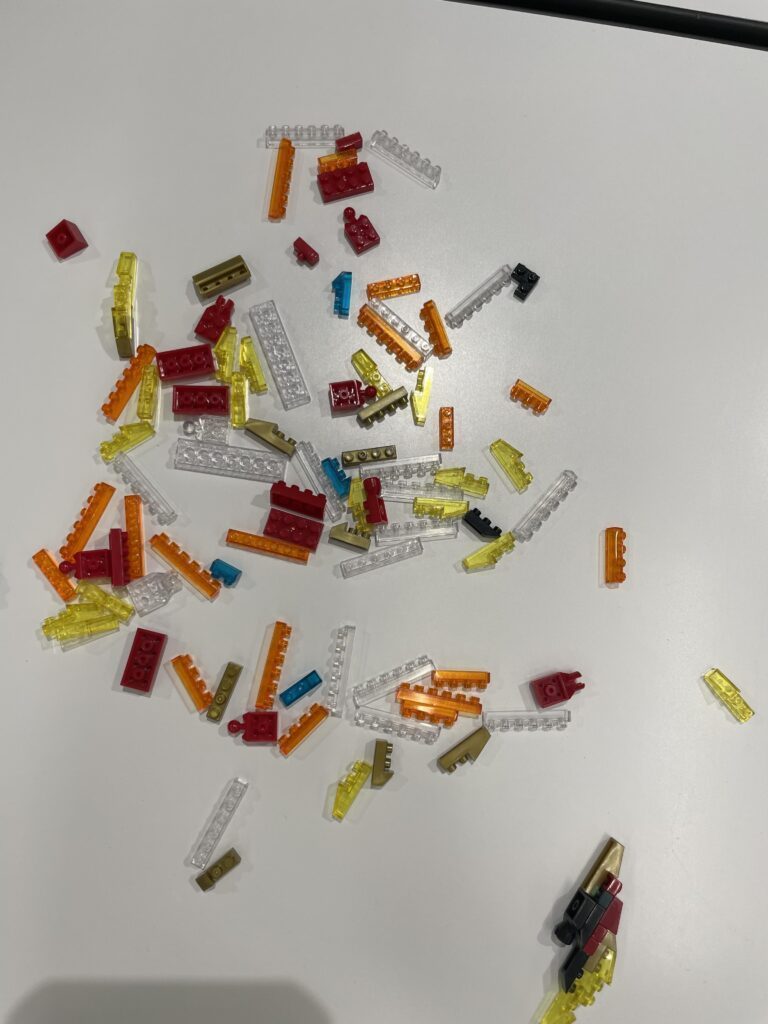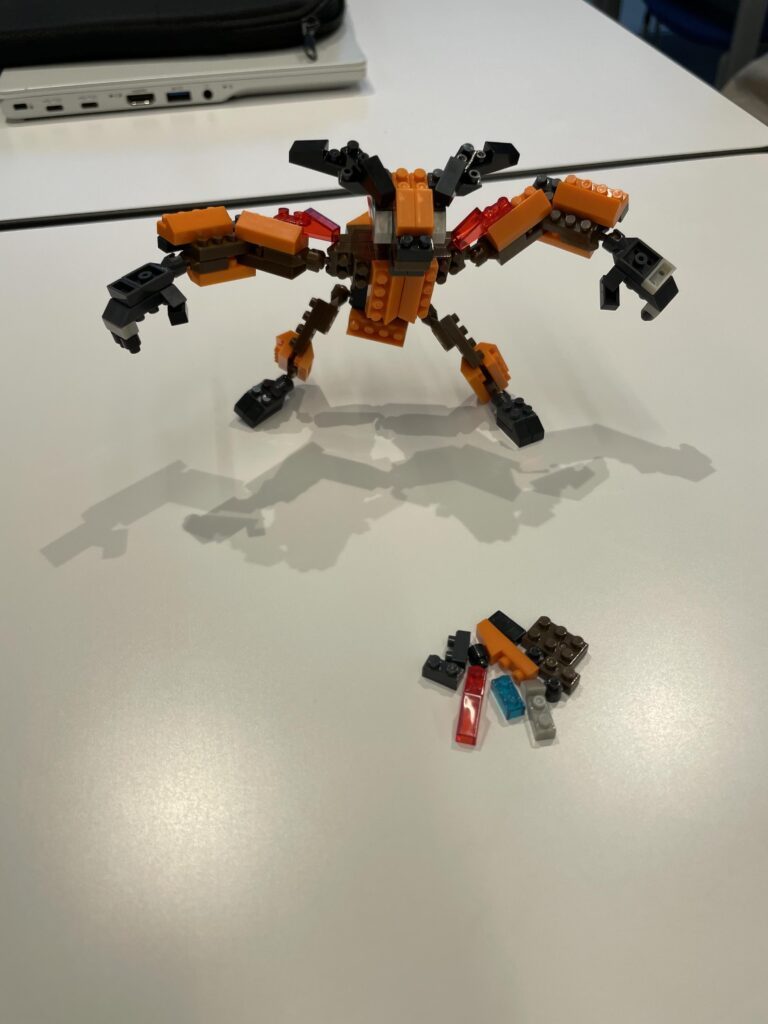In Project 2B, we have been learning about learning. But to have this meta-cognitive discussion on how people learn, it is important that we also share an understanding about different types of knowledge and what it means to “know” something. If I say I know a person, what does that mean? The range of knowing could be from physical appearance to job title, to family history, to life’s work, to current health issues.
- Some different types of knowledge include:
- Explicit knowledge: the kinds of things we find in books.
- Tacit Knowledge: the application of explicit knowledge.
- Declarative Knowledge: people, dates, etc.
- Procedural Knowledge: how to do something.
- Institutional Knowledge: This is how WE do this, or this is OUR history.
- Embedded Knowledge: the knowledge of a group…perhaps not expressly written down or stated somewhere.
- Domain Expertise: expert knowledge in some specific field.
Throughout the semester, we have worked on the cognitive aspect of learning and how the mind can be engaged in the learning process. With this unit, we explored how knowledge is “constructed” in the mind of the learner. We discussed topics related to both cognitive and social constructivism.
As an example activity, in one week, students were given lego models to build: demonstrating actual group construction. In the following week, groups of students were given a random selection of items from the local 100 yen store. As a group, they had to make a game that made use of all of those items, had a point system, and included a way to win. Through this activity, they demonstrated the social construction of knowledge.
